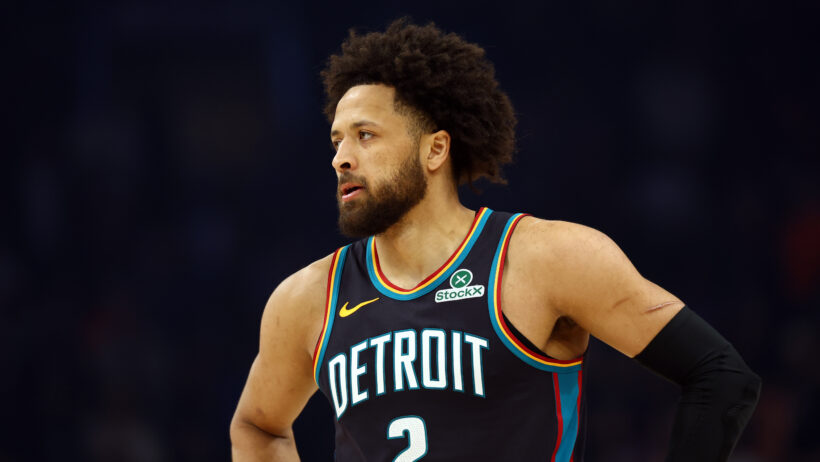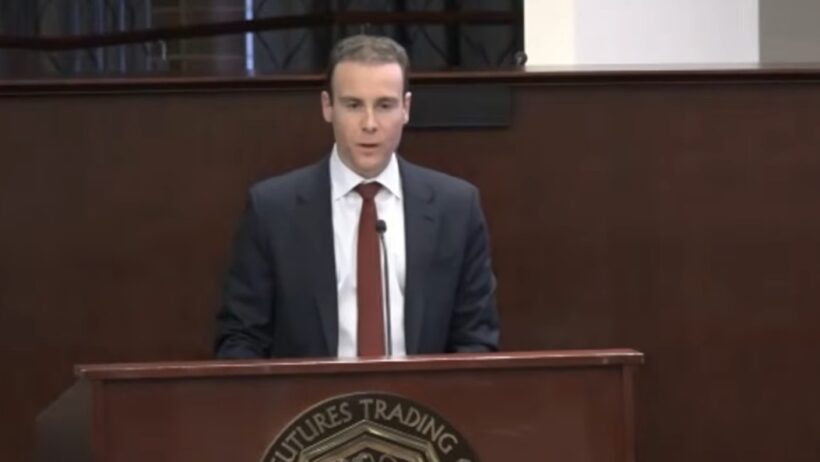Ohio iGaming Bill Unveiled in Gaming Committee
By Robert Linnehan in Online Casino
Updated: May 30, 2025 at 12:44 pm EDTPublished:

- Sen. Nathan Manning (R-13) unveiled his new iGaming bill in Senate committee
- Manning revealed untethered iGaming license holders will pay higher taxes, license fees
- Senator confident the bill does not require a constitutional referendum
The newest Ohio iGaming bill has been unveiled in a Senate committee.
Sen. Nathan Manning (R-13) introduced SB 197, a bill to legalize iGaming in the state, in the Senate Select Committee on Gaming. The legislation underwent its first reading in front of the seven-member committee, but no votes were taken and no comments were accepted from the public.
During the hearing, Manning clarified licensing and tax rates for Ohio brick-and-mortar casinos and Ohio online casinos.
Ohio Brick-and-Mortar Casinos to Pay Less in Taxes, Fees
Manning’s bill calls for the legalization of Ohio iGaming, iLottery, and includes some of the highest proposed iGaming tax rates in the country. His legislation includes different tax rates and licensing fees depending on the institution applying for a license.
According to Manning, brick-and-mortar Ohio casinos awarded an iGaming license will pay a $50 million license fee and pay an iGaming tax rate of 36%. Operators without an Ohio facility will be required to pay a $100 million license fee and be subjected to a 40% tax rate.
Additionally, the sports betting tax rate for brick-and-mortar casinos will be reduced from 20% to 10% if the bill is approved, Manning said.
While there are no official revenue projections yet, Manning pointed to the nearby Michigan and Pennsylvania iGaming and iLottery markets. Michigan’s iGaming market generates $620 million, while the iLottery markets accounts for $190 million in annual revenue. Pennsylvania’s iGaming market generates $954 million in revenues, while its iLottery market generates $195 million.
Manning said Ohio could likely see anywhere from $300 million to $1 billion in annual revenue if the bill is approved.
“It’s a significant revenue generator that can help us fund a lot of great projects and fund a lot of great things in this state,” Manning said.
Regulatory Requirements Streamlined
Manning’s bill also calls for gaming regulations to be streamlined in Ohio. As it currently stands, video lottery terminals, sports betting, and e-bingo games are all regulated by different Ohio commissions.
If his iGaming and iLottery bill is approved, the Ohio Casino Control Commission will regulate both iGaming, iLottery and Ohio online casino as well as sports betting, video lottery terminals, and e-bingo in the Buckeye State.
Included in the legislation is also a prohibition on the word “free” for iGaming promo advertisements that actually are not free for users, a ban on iGaming advertisements on college campuses, and a requirement that iGaming operators provide users with responsible gaming tools to monitor their gaming and deposit activity.
Is This Legal?
No public comments were accepted during the hearing, but committee member did as several brief questions about legislation. Sen. William P. DeMora (D-25) questioned if the bill’s trigger mechanism is legal; if iGaming in Ohio could be triggered without a referendum question being approved by voters.
Manning noted three Senate lawyers confirmed iGaming can be legal without a referendum vote and the bill is constitutional. Several others forms of legalized Ohio gaming have been approved without a referendum vote, he said.
“The general assembly has legalized several different forms of gambling outside of the constitution before, including card games at charitable festivals across the state, horse racing, VLTs, sports gaming, as well as legalizing and regulating gambling adjacent items such as skill based amusement machines and sweepstakes terminals. None of those have been found to be unconstitutional, even though some may look like other forms of gambling. Instead, on the cases most on point, Ohio courts have found the legislature can generally legalize any form of gambling that does not run afoul of other constitutional provisions,” he said.

Regulatory Writer and Editor
Robert Linnehan covers all regulatory developments in online gambling and sports betting. He specializes in U.S. sports betting news along with casino regulation news as one of the most trusted sources in the country.



